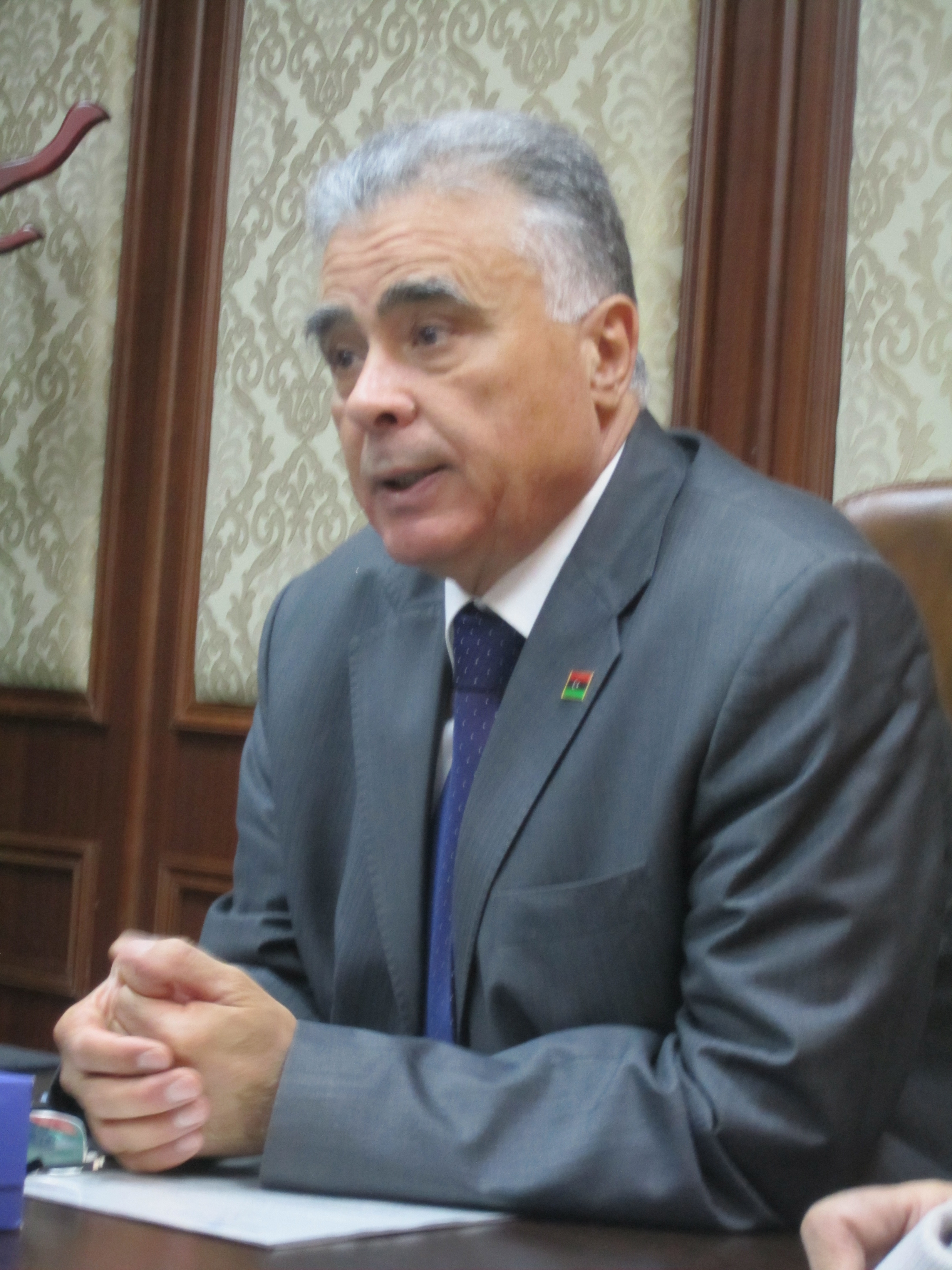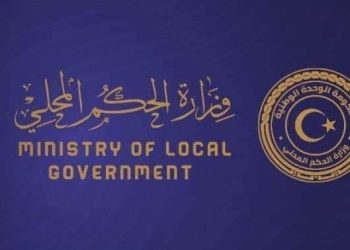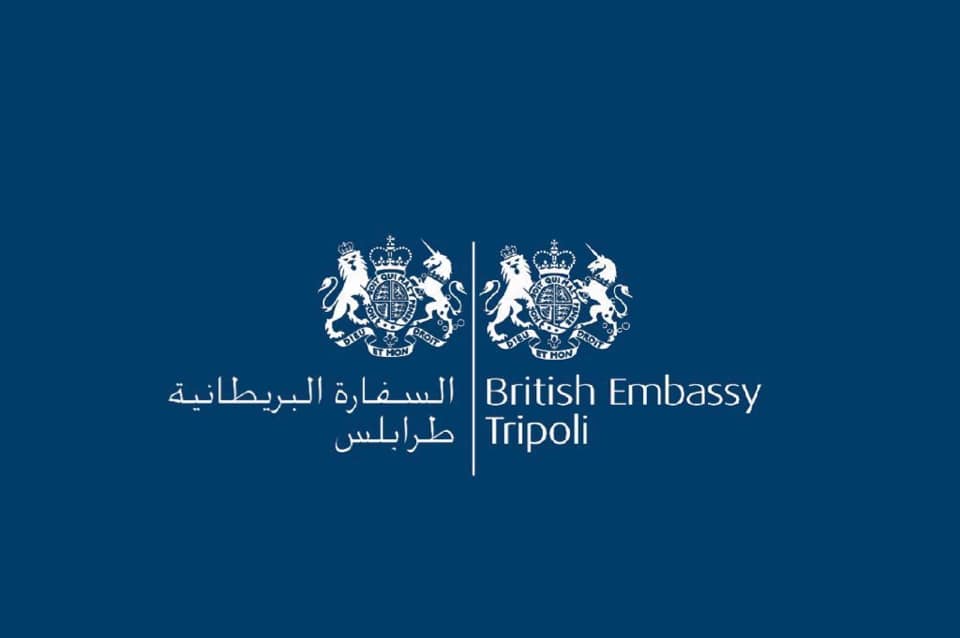By Tom Westcott.
Tripoli, 21 April 2013:
The recently-established Ministry of Water Resources is to tackle the problem of illegal tapping of the . . .[restrict]Man-Made River. It is creating a brigade of 1,500 armed soldiers to police vulnerable sections of the pipeline.
“The Man-Made River is losing more than 250,000 cubic metres of water per day through leakage,” Minister of Water Resources, Hadi Henshir, told the Libya Herald today. Much of this, he said, is through people illegally tapping into the pipeline to take water for domestic and agricultural uses.
“We have asked the people to stop doing this, but they say they will stop only when we give them water,” Henshir said. “Since 1 April, we have been starting maintenance work on the pipes, fixing some leaks, but the people will be back, and will take the water again,” he added.
He explained that poorly-fitted valves were prone to leaking and, over time, could corrode, causing costly damage to the pipeline, which supplies fresh water to Libya’s main towns and cities.
The Man-Made River, consisting of some 4,000 km of pipes, brings water from deep underground in the south of the country to its coastal towns. Since the project was started in 1991, it has cost the Libyan government an estimated $20 billion.
The Ministry of Water Resources, which was set up just three months ago, has allotted LD 156 million of its LD 268 million 2013 budget to the Man-Made River.
“We wanted LD 1.8 billion,” Henshir said, “but we got much less because security and defence are more important areas.”
A further LD 73 million will go to the General Company of Desalination and LD 19 million to the General Water Authority, both of which now fall under the Ministry of Water Resources.
The new ministry will be spending LD 20 million on building a new headquarters in Tripoli.
“Our strategy is to bring all water resources together,” Henshir said, alluding to the present situation, where different areas of the water sector fall under different ministries. The General Company for Water and Wastewater, for example, is currently under the jurisdiction of the Ministry of Housing and Utilities.
“We are now taking our first steps in the new ministry,” Henshir said, “our primary focus is on drinking water and our second major focus is on agriculture.” [/restrict]










